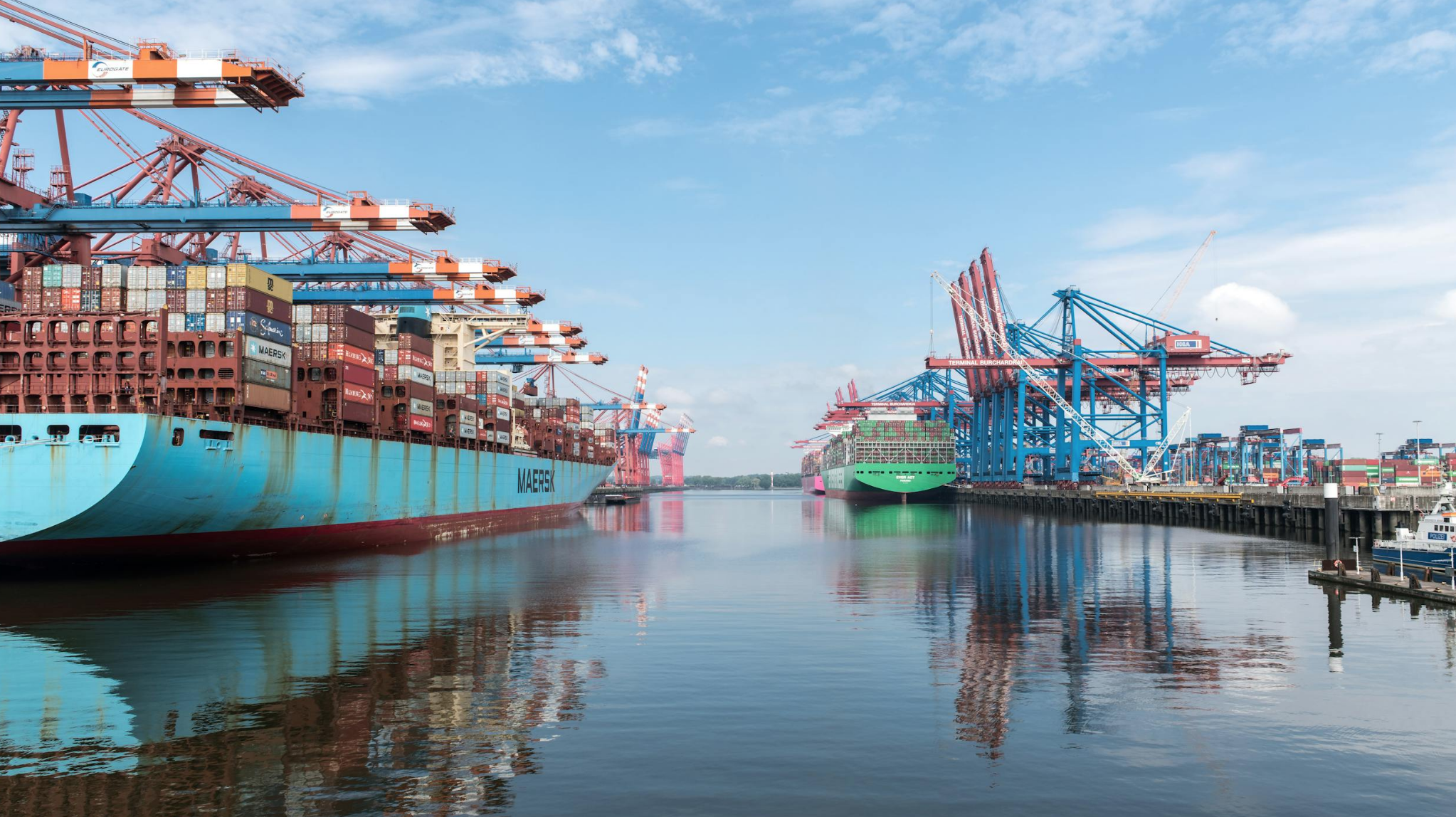Maersk Cancels PSS from China to Southeast Asia's Country
 2024-09-24
2024-09-24
 6
6

Recently, Maersk, a world-renowned shipping company, announced that it will cancel the PSS (PSS) from various Chinese ports to Indonesia,Malaysia,Singapore,and Brunei.The policy will take effect on October 1, 2024. This decision aims to ensure that the company can consistently provide global services and offer customers more competitive shipping rates.
| Origin | Destination | Effective Dates | Container Type | Currency | New tariff levels |
|---|---|---|---|---|---|
| All China Ports, Including Hong Kong | Indonesia/Malaysia/Singapore/Brunei | 01st-Oct-2024 | ALL _ DRY ALL _ REEFER | USD | 0/20 '& 20RF 0/40' & 40RF 0/45 HQ |
Background Introduction
PSS (PSS) is an additional charge charged by shipping companies during peak periods of freight demand, usually used to cope with tight capacity and rising costs during peak seasons. Maersk's decision to cancel PSS this time reflects changes in market demand and the company's emphasis on customer needs.
Impact analysis
The removal of PSS will have important implications in the following areas:
- Freight reduction: After the cancellation of surcharge, the overall transportation cost of customers will be reduced, especially for enterprises transporting bulk goods, which will significantly reduce logistics expenses.
- Enhancement of market competitiveness: Maersk's move will enhance its competitiveness on Southeast Asian routes and attract more customers to choose its services.
- Increased customer satisfaction: Reducing transportation costs helps to improve customer satisfaction and enhance customer loyalty.
Geographical Profile
China: As the world's largest manufacturing base, China's ports, such as Shanghai Port, Ningbo Port and Shenzhen Port, are among the busiest ports in the world, responsible for a large number of import and export cargo transportation.
Indonesia: The largest economy in Southeast Asia, with major ports including Jakarta Port and Surabaya Port, is an important trade hub in the region.
Malaysia: Malaysia's Port Klang and Port Penang are its main International ports, connecting several important markets around the world.
Singapore: The Port of Singapore, one of the busiest ports in the world, has become an important node for global shipping thanks to its superior geographical location and advanced port facilities.
Brunei: Although Brunei's port is small in size, its strategic location gives it a place in regional trade.
Maersk's decision to cancel the PSS bodes well for more similar adjustments in the shipping market likely to occur in the future to adapt to changing market demands and customer expectations. With the recovery and development of global trade, shipping companies need to continuously optimize their services and improve efficiency to maintain their competitive advantage.




















